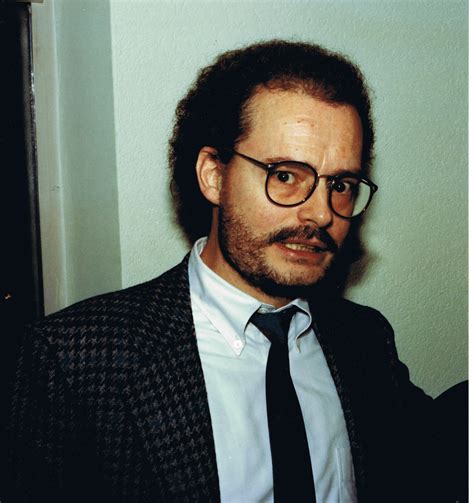A Quote by Volkmar Sigusch
Internet sexuality shows that we're becoming more and more self-involved. I'm talking about self-sex.
Related Quotes
Does sex education encourage sex? Many parents are afraid that talking about sex with their teenagers will be taken as permission for the teen to have sex. Nothing could be further from the truth. If anything, the more children learn abour sexuality from talking with their parents and teachers and reading accurate books, the less they feel compelled to find out for themselves.
What is passion? It is surely the becoming of a person. Are we not, for most of our lives, marking time? Most of our being is at rest, unlived. In passion, the body and the spirit seek expression outside of self. Passion is all that is other from self. Sex is only interesting when it releases passion. The more extreme and the more expressed that passion is, the more unbearable does life seem without it. It reminds us that if passion dies or is denied, we are partly dead and that soon, come what may, we will be wholly so.
My experience of working on this show, even though there is so much about sex and sexuality, and we find out a lot of facts and statistics that are very interesting, in their own right, I found that I started talking about relationships more, and the emotions, the difficulties and the challenges. So, I became far more open about that, which I think is probably an indication with the show itself.
I don’t think there’s any problem with advancing consciousness and becoming more and more aware of the struggle, not with the world, not to convince other people to do anything. The really interesting think is the struggle with the self, and the relation with the self, and there is no end to the improvement that can be done there, the discoveries that can be made.
In your thirties, you're much more comfortable with sex. First of all, sex is something you've done more. You know you can have sex just to have sex; you can have sex with friends; you can have sex with people you love; you can have sex with people you don't like, but the sex is good. And you can joke about sex much more.
Employees hate meetings because they reveal that self-promotion, sycophancy, dissimulation and constantly talking nonsense in a loud confident voice are more impressive than merely being good at the job - and it is depressing to lack these skills but even more depressing to discover one's self using them.
































